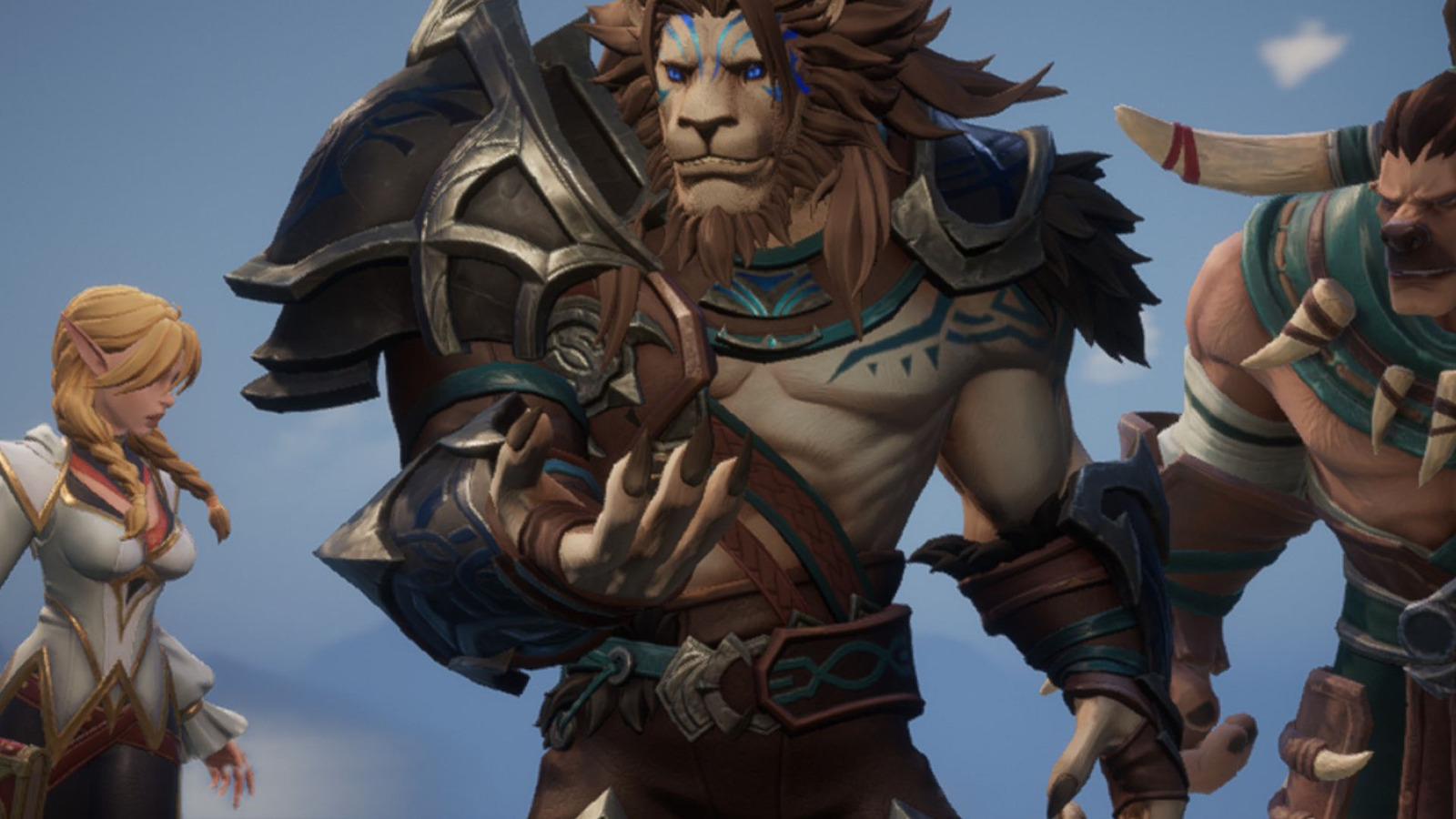
170,000+ games · 50+ stores · PC, Xbox, PlayStation & Nintendo
Unofficial Keyshops:
Currency:
USD
English
Sign in to track your wishlist, get deal alerts, and see recommendations tailored to your platforms.
Sign inCreate a free account and unlock the full power of Gamers Unchained.
Frequently Asked Questions
Gamers Unchained is a platform dedicated to helping gamers find the best deals on PC video games. We track discounts from various sources, including Steam and other digital storefronts, ensuring you never miss a great deal.
We aggregate game prices from multiple sources and highlight the best discounts available. Simply browse our site to find the latest deals on your favorite PC games.
Yes! Our platform is completely free to use. We aim to help gamers save money without any hidden fees or subscriptions.
No, we do not sell games ourselves. We provide links to trusted retailers where you can purchase games at discounted prices.
Our deals are updated regularly to reflect the latest discounts and sales. Check back often to find new deals.
We are working on features that will allow users to set up deal alerts for specific games. Stay tuned for updates!
While we feature many Steam sales, we also track discounts from other PC gaming platforms, including Epic Games Store, GOG, and more.
Some discounts may vary based on your region. We recommend checking the store’s official website for exact pricing in your country.
You can support us by spreading the word, sharing deals with friends, and following us on social media. Some of our links may also be affiliate links, which means we earn a small commission at no extra cost to you.
This website uses cookies to enhance your browsing experience, analyze site traffic, and personalize content. By using this site, you agree to the use of cookies.
Unofficial Keyshops:
Enabled

Tarisland is shutting down on November 4, barely a year after launching. Tencent’s Level Infinite released the free-to-play MMORPG in June 2024 on PC, iOS, and Android. It came with nine classes, large raids, dungeons, player-versus-player modes, and even the classic promise of “no pay-to-win.” On paper, Tarisland should have been a decent “World of Warcraft clone.” The truth is that it never really stood a chance.
One of the biggest problems came before the game even launched. In case you were not familiar, World of Warcraft disappeared in China after Blizzard’s deal with NetEase collapsed. That created a void. Tarisland was positioned as the plan B. Unfortunately, this set impossible expectations. World of Warcraft has decades of history and a massive cultural footprint. When fans tried Tarisland, they did not see something bold or fresh. They saw a weaker copy of something they already loved, and missed. That made it incredibly difficult for Tarisland to establish its own identity.
The actual design of the game did not help much either. Tarisland had the usual elements you would expect from an MMORPG. It had tanks, healers, damage dealers, dungeons, raids, and open world exploration. On the surface, it checked the boxes. However, once you dug deeper, it all felt too safe. The classes leaned heavily on standard archetypes without adding anything that felt new or exciting. Combat had some weight, but it was not smooth or thrilling. The world looked pretty enough, but it lacked personality and charm. Raids worked, but they were repetitive. Nothing was outright terrible, but nothing stood out as particularly fun either.
Cross-platform play was supposed to be one of the big strengths. Instead, it turned into another weakness. Tarisland was clearly designed for mobile first, and that made the PC version feel awkward. The menus, systems, and overall user interface were streamlined to fit on a phone screen, which made them clunky on a larger display. On mobile, it faced competition from a dozen other polished MMORPGs that featured better experiences. The end result was a game that felt caught in the middle. It was not deep enough to satisfy PC veterans, and it was not accessible or casual-friendly enough to dominate the mobile space.
What truly sealed the game’s fate was Tencent’s handling of updates and communication. After the initial launch, there were a couple of patches that tried to smooth out the experience. But by early 2025, the flow of updates had slowed to a crawl. For months, the developers posted almost nothing. When they finally did, the updates were vague, underwhelming, or so minor that they barely registered with the community. Players were already hesitant about the game’s future, and the silence only reinforced the sense that Tencent itself had given up on Tarisland.
Competition also played a major role in the downfall. World of Warcraft is not free, so Tarisland had a natural advantage by being free-to-play. But that was not enough. Players who wanted a free MMORPG already had strong options available: RuneScape, Guild Wars 2, or The Elder Scrolls Online. And there are other examples not mentioned. Tarisland could not compete with games that already had established communities, proven gameplay loops, and long-term developer support.
In the end, Tarisland failed because it never gave players a compelling reason to check it out, let alone stick around. It filled a temporary gap created by World of Warcraft’s absence in China, but that was all it ever did. Once World of Warcraft became available again, the already thin reasons to play Tarisland evaporated.
When the servers shut down on November 4, Tarisland will be remembered as yet another unsuccessful attempt at being a “World of Warcraft killer.” In fact, Tarisland never came close.
$1.11
-95%
May 19, 2025
Feb 02, 2026